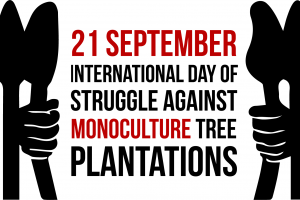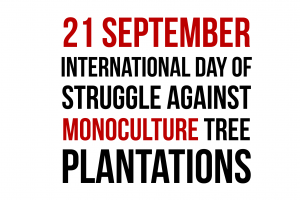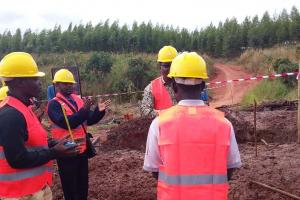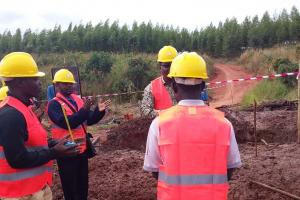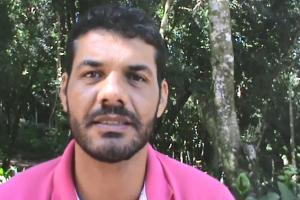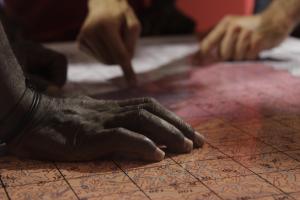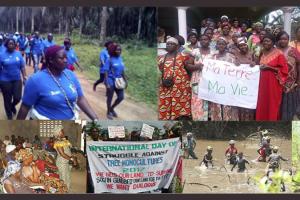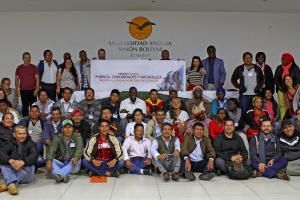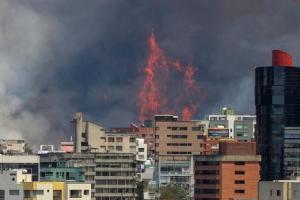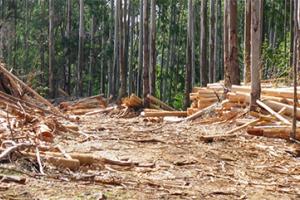Struggles Against Tree Monocultures
Corporate profit drives land grabs to install industrial tree monocultures. Where industrial plantations take root, communities' territories and lives are violently invaded, their forests destroyed and their water polluted. When communities resist, companies tend to respond with aggression. Despite this extreme violence, communities around the world are resisting, organizing and joining forces to defend their territories. Every September 21 the International Day of Struggle against Monoculture Tree Plantations is celebrated.
Sign this letter to alert people in the global North! Stop development agencies from promoting expansion of large-scale tree plantations.
It is a day for organizations, networks and movements to celebrate resistance and raise their voices to demand, “Stop the Expansion of Monoculture Tree Plantations!"
In response to an article that was published in WRM’s bulletin, Missão Tabita and WRM received letters from the plantation company, Portucel, and the organization, ORAM. The letters claimed that the article was untrue; however, neither Portucel nor ORAM could prove that the information published was not true.
The company, Portucel, considers its thousands of hectares of plantations in Mozambique to be “sustainable,” despite serious problems and conflicts with and among local communities.
The expansion of oil palm and logging in Wimbí is a fact. And in both cases, the protagonist is the same: the land trafficker who allowed the palm company, Energy & Palma, to enter. This new cycle of dispossession threatens the culture and survival of the community.
Despite the many profound damages that industries cause in the world's forests, they also cause something else to emerge: the strong and diverse resistance movements of affected communities defending their territories, livelihoods, cultures and even their existence. The struggle continues! (Available in Swahili).
In Ecuador, the expansion of industrial oil palm plantations is the main cause of deforestation. A meeting to exchange knowledge, the first of its kind in Ecuador, brought together leaders from oil palm-affected provinces from the three regions of the country.
Since the native vegetation that surrounded Quito was destroyed to make way for eucalyptus and pine plantations, the forest fires that the city faces year after year have been intensifying.
Only available in Portuguese
Download the publication. Also available in Swahili.
